| Amount Per 0.333333 cup 1 scone | |||
| Calories | 200 Kcal (837 kJ) | ||
| Calories from fat | 90 Kcal | ||
| % Daily Value* | |||
| Total Fat | 10g | 15% | |
|---|---|---|---|
| Saturated Fat | 2g | 10% | |
| Sodium | 430mg | 18% | |
| Total Carbs | 24g | 8% | |
| Sugars | 4g | 16% | |
| Protein | 4g | 8% | |
* Percent Daily Values are based on a 2000 calorie diet. Your daily values may be higher or lower depending on your calorie needs.
Find out how many calories should you eat.
Ingredients And Nutrition Overview
Best
choice Good
choice Poor
choice Avoid
it!
choice Good
choice Poor
choice Avoid
it!
-
WeightWatchers Points: 4.8, PointsPlus: 6, SmartPoints: 7
WeightWatchers Points are estimated by carbohydrates, fats, protein and fiber in product. They are not an affirmation of better quality or nutritional value of the product or its manufacturer. Only way to count for dieters. Less points are better.
Read more at Weight watchers diet review -
Contains trans-fats! Even if label says 0!
Consumption of food containing trans-fat has unequivocally been shown to increase the risk of heart disease by raising levels of LDL (bad cholesterol), and lowering levels of HDL (good cholesterol). Why do the nutrition labels on some products say that there are no trans fats, while Fooducate insists there are? Unfortunately there is an FDA loop hole here. If the amount of trans-fat in a product is less than half a gram per serving, manufacturers can round it down to 0. But even 0.49 grams of trans-fat is bad for you. And don't even get us started on the actual consumption versus the tiny serving size. So how do you know if a product does have trans fat in it? Look for "partially hydrogenated" oils and fats in the ingredient list. Sources: ----------- Mensink RPM, Katan MB. Effect of dietary trans fatty acids on high-density and low-density lipoprotein cholesterol levels in healthy subjects. N Engl J Med 1990;323:439-45. Zock PL, Katan MB. Hydrogenation alternatives: effects of trans fatty acids and stearic acid versus linoleic acid on serum lipids and lipoproteins in humans. J Lipid Res l992;33:399-4l0. Judd JT, Clevidence BA, Muesing RA, Wittes J, Sunkin ME, Podczasy JJ. Dietary trans fatty acids: effects of plasma lipids and lipoproteins of healthy men and women. Am J Clin Nutr 1994;59:861-8. Lichtenstein AH, Ausman LM, Jalbert SM, Schaefer EJ. Effects of different forms of dietary hydrogenated fats on serum lipoprotein cholesterol levels. N Engl J Med 1999;340:1933–1940 Hu FB, Stampfer MJ, Manson JE, Rimm E, Colditz GA, Rosner BA, et al. Dietary fat intake and the risk of coronary heart disease in women. N Engl J Med. 1997;337:1491–9. Mozaffarian D, Katan MB, Ascherio A, Stampfer MJ, Willett WC. Trans fatty acids and cardiovascular disease. N Engl J Med. 2006;354:1601–1613.
-
For dieters: FoodPoints value is 6
* FoodPoints are calculated by Fooducate based on fats, carbs, fiber, and protein. They are not an endorsement or approval of the product or its manufacturer. The fewer points - the better.
-
Highly Processed!
This product is highly processed. If you'll take a look at its ingredient list, you'll discover new words to add to your vocabulary. Many of theses ingredients are required to increase the shelf life of the product and improve the flavor that disappears when food is not fresh.
-
No whole grains here
Whole grains are a great source of fiber and other nutrients. Fiber is one of the most important nutrients lacking in the modern American diet. Unfortunately, this product does not contain enough whole grains, if any. If there is fiber in here, it's probably added fiber and not naturally occurring. Whole grains are not the only way to consuming fiber, BUT by choosing them instead of processed grains you've made a smart choice. If you'd like to eat a bit better, try for something that contains whole grains.
-
One of the worst products in its category
This product is in the bottom 10% of the products in its category
-
Sodium Aluminum Phosphate
This product contains sodium aluminum phosphate. Food manufacturers will tell you that this additive is not a problem. And yes, normally, people will have some amount of aluminum in their body by means of inhalation, ingestion or dermal contact. The Department of Health and Human services says most this aluminum will leave your body quickly through feces, and the small amount that enters your bloodstream will leave via urine, but . . . they also say that excess aluminum can cause problems. Some research has implicated aluminum with Alzheimer's and research both supports and refutes this. Doctors blame aluminum of exacerbating the effects of kidney disease and causing bone or brain diseases. Bottom line: There's no tangible benefit of consuming products with sodium aluminum phosphate. To err on the side of safety, particularly with products you consume everyday, choose ones without added aluminum.
You Might Also Like
% RDI of Main Nutrition Facts
10%
of RDI* (200 calories) 79 g
-
Cal: 10 %
-
Fat: 15.4 %
-
Carb: 8 %
-
Prot: 8 %
-
0%25%75%RDI norm*
Calories Breakdown
- Carbs (47.5%)
- Fat (44.6%)
- Protein (7.9%)
Get Your Recipe of Health!
Follow RecipeOfHealth on Facebook!


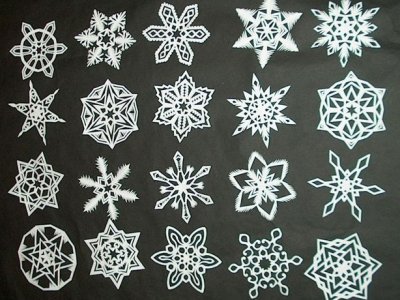
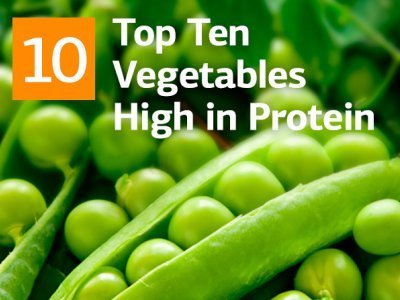

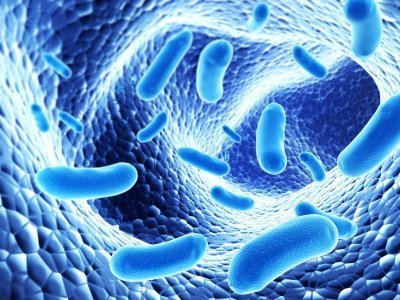






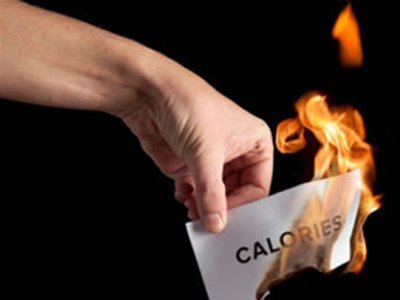
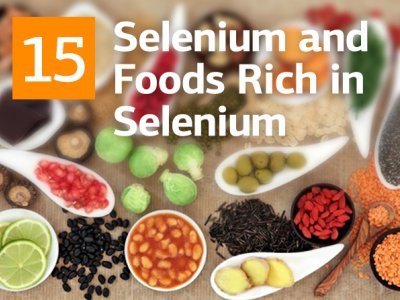
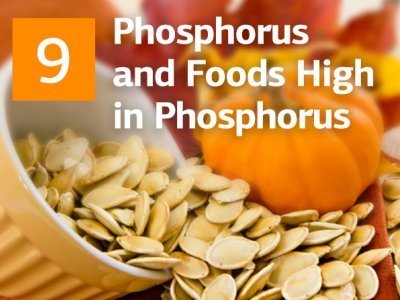
Add your comment